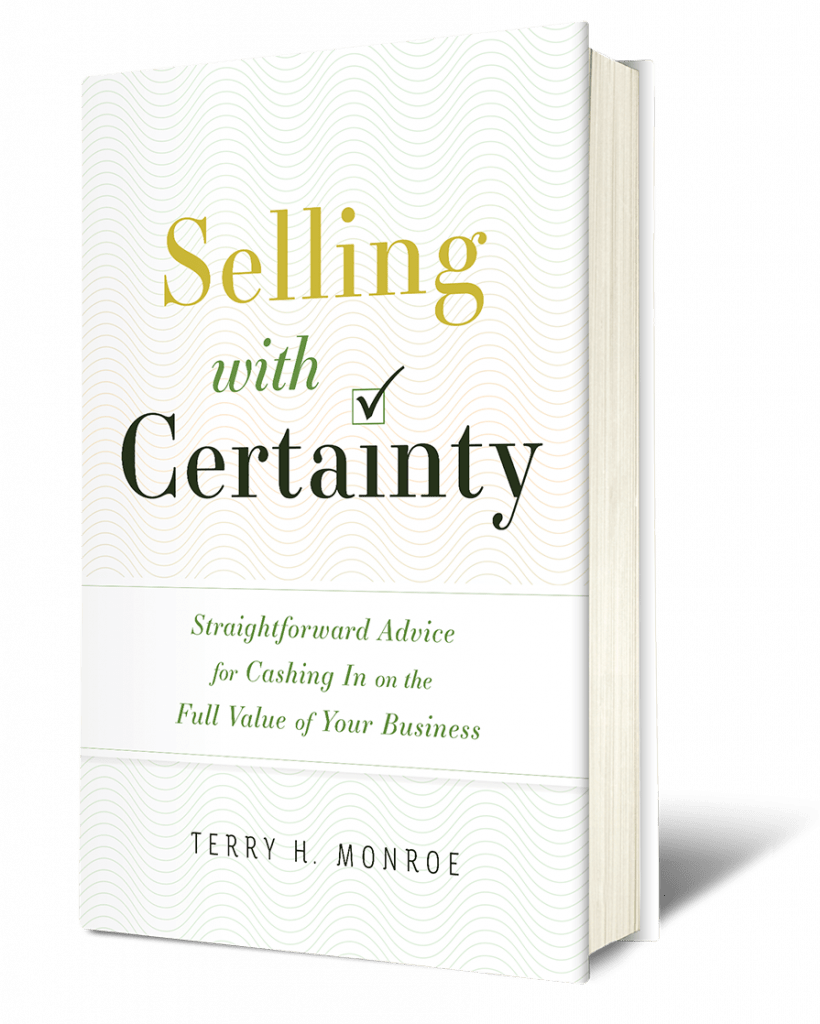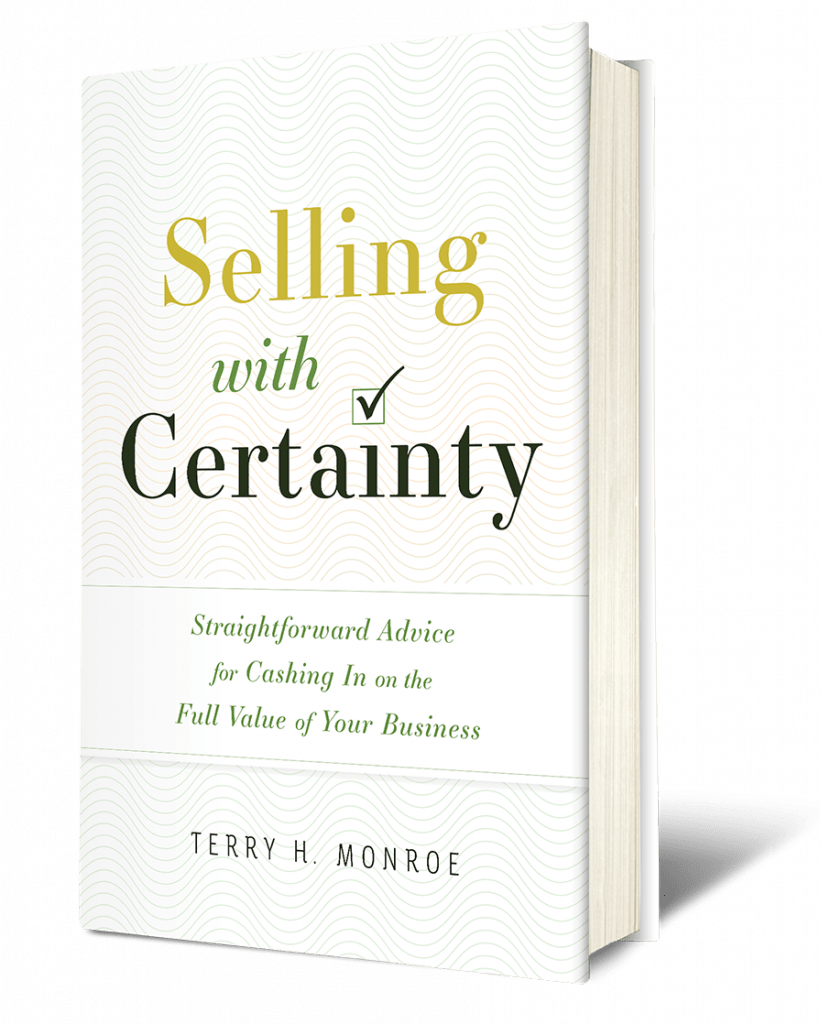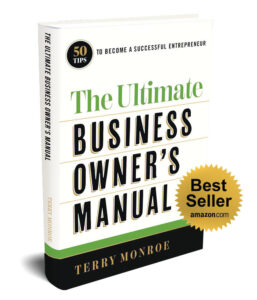Someday your business will be for sale, so step back and look at your operation through a buyer’s eyes.
(This article first appeared in the August 2010 edition of Single Store Owner. Click here for the  PDF version as it first appeared in the magazine.)
PDF version as it first appeared in the magazine.)
Nobody likes to think about it and for some, it is like buying their own burial plot, but the truth is that someday your business is going to be for sale. If you are a business owner, you need to have an idea about what to do when that time comes.
Even if the hope is to the business to an insider, such as a relative or family member, you have to prepare for the day it happens. Preparation will give you more control over the situation and invariably get you more value for your business.
Over many years of helping business owners sell or get their businesses ready for sale, I have discovered one thing to help them get the most value out of the business when it came time to sell. And that was if they took the time to prepare themselves and the business in a manner that was practical and understandable to a buyer, a buyer would ultimately pay top dollar for the business.
Generally business owners are so busy with the day-to-day running of their operations that they will postpone this planning, thinking they will get to it later. But later comes faster than we all think. When it comes time to get the most value for the equity they have accumulated over the many years of hard work many business owners are at a loss. There isn’t a week that goes by that someone doesn’t ask me what their business is worth. However, without the proper information neither I nor a potential buyer has a clue.
But there are some general “rules of thumbs” that can give you an idea. First, step back and take a look at your business through a buyer’s eyes. After all, it is irrelevant what you think your business is worth because you are not buying it. Only the buyer’s opinion counts. You need to ask yourself a few questions:
- What do the Numbers Say? Look at the income & expense numbers for the last three years. Buyers are looking to purchase an income stream and want to see what the business has done for at least the last 3 years. Is it trending up or trending down? Gallons of gas sold are a good indicator of whether the business has been consistent, or if there has been a fundamental change in the marketplace.
- What is the Quality of the Assets? What kind of condition are the building or trucks in? Look at the exterior, interior, the floors, bathrooms and fixtures. Is there a concrete parking lot? Do the MPDs have credit card readers? How old are the tanks? Are they steel or fiberglass? Are you current with all the EPA requirements?
- If you are selling to wholesale accounts, do you have fuel purchase agreements in place, or have you been doing business on a handshake? If you have written agreements in place, then you have a contractual cash flow stream to sell, but if you only have a handshake agreement, you don’t really have anything to sell except some equipment and hard assets. If you are selling in the retail industry, it is the same. What is the revenue stream?
These are just a few of the many questions that will need to be answered before you can arrive at a definite valuation. With the above information you can now use a multiplier to get an idea what your business may be worth at a particular point in time. For wholesale, depending on the length of the agreements in place, the value can be anywhere from two to four years of cash flow. For a retail with real estate, it can be anywhere from 4.5 to 5.5 times the cash flow.
However, in the selling of any business, it is always about the money. And the valuation part is where things generally fall down. My suggestion is always get an outside opinion from someone who is familiar with the industry in which you work and can give you a market valuation, not an appraisal. A market valuation is something that should be done quite often as it is like a personal financial statement. A personal financial statement is a flash-in-time look at what one is worth. It changes constantly and a business’ value is no different.
In conclusion, I suggest you put your numbers together, take a look at the quality of the assets and review the revenue stream you have. Then contact an industry professional and get a market valuation even if you are not considering selling, because the preparedness will help to ensure that when the time does come to sell, you will have the correct information to help you to get the best value for your business.










